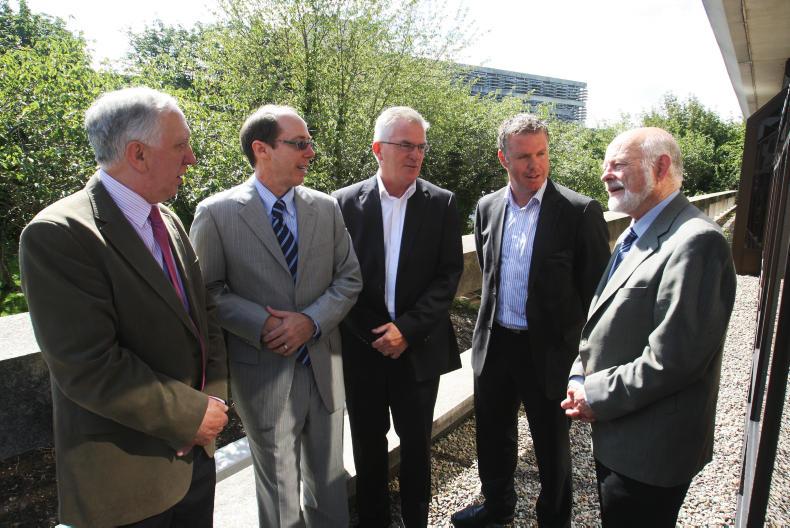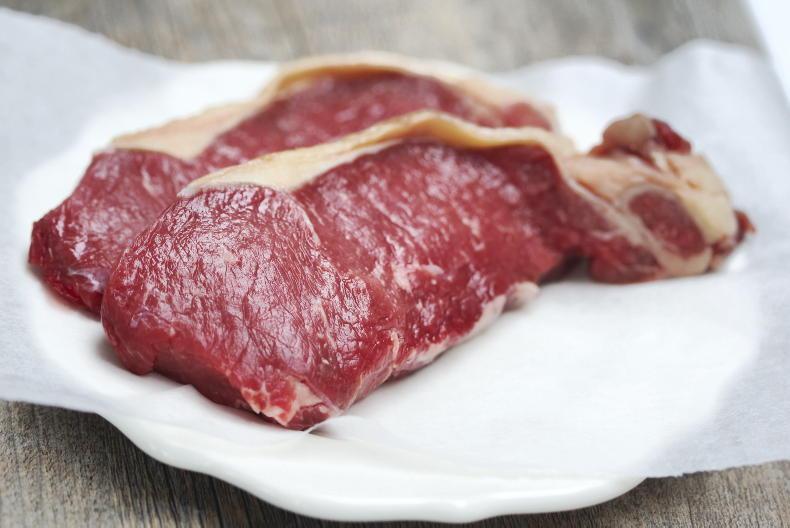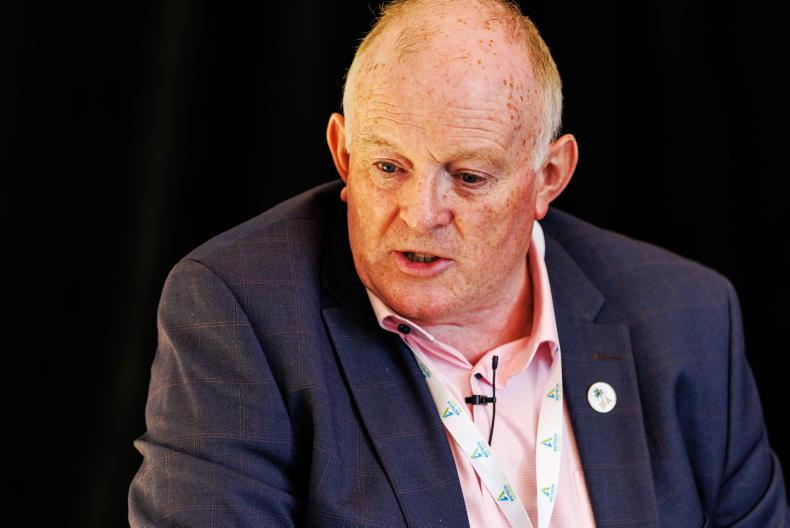Delivering the keynote speech at the 2016 Agricultural Science Association (ASA) conference, Jack A Bobo said the role of farming, food and science has never been discussed as much but it can be difficult to back up conversations with scientific fact.
“Food and agriculture has never been sexier... but if people don’t trust you, the science doesn’t matter,” Bobo said.
Bobo, who is a former adviser to Hillary Clinton in the US Department of State, said that agriculture and science can, at times, enjoy an uneasy relationship. He added that as the global population grows, farmers and those in charge of food policy must learn how to communicate effectively the role and the importance of food production.
“We’re at seven billion people right now; we’re growing to nine billion by 2050, but there are 800m people going to bed hungry every night... There are nine million people dying of hunger every year. That's 25,000 people every day, 1,000 every hour and one person every four seconds.
“Whether you're a scientist, a farmer or a policy maker, we need to get better at story telling,” Bobo said.
'The next 35 years will be the most important ever in agriculture and that's why we need to get it right today' - @Jack_A_Bobo #ASAConf16
— Farmers Journal (@farmersjournal) September 9, 2016
In 1950, the average family was having five children. Bobo said 2014 was the “peak year” for childbirth, with the average family having 2.5 children. By 2050, the average family will be having two children, which, he argued, is “below the replacement rate”.
“After 2050, the population levels off and it becomes not about quantity of food but the quality of food,” Bobo said.
He added that by 2100, there will be less demand for food and, therefore, less demand on agricultural land. It is for this reason that agriculture must decide how it defines itself, and Bobo said that is a decision we need to get right today.
“By 2100, all agricultural land could be organic, or you could take out half the land used.
“The next 35 years will be the most important ever in agriculture and that’s why we need to get it right today.”
47% of agri professionals would consider changing industry
Listen: ASA banquet welcomes 650 guests from across the agricultural industry










SHARING OPTIONS